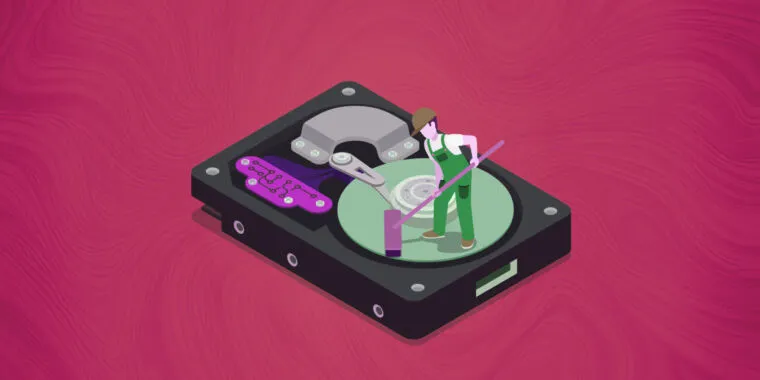cross-posted from: https://nom.mom/post/121481
OpenAI could be fined up to $150,000 for each piece of infringing content.https://arstechnica.com/tech-policy/2023/08/report-potential-nyt-lawsuit-could-force-openai-to-wipe-chatgpt-and-start-over/#comments



So when it happens, you’ll change your mind? My point is that what we have today is based on interactions in the human brain: neural networks. You can say, “They’re just guessing the next word based on mathematical models”, but isn’t that exactly what you’re doing?
Point to the reason why what comes out of your mouth is any different. Is it because your network is bigger and more complicated? If that’s the case GPT-4 is closer to being human than GPT-3 was, being a larger model.
I just don’t get your point at all.
and if that is indeed the point: that the difference is simply size, then what does that law look like? surely it would need to specify a size of the relevant neural network that is able to derive works
but that’s then just an arbitrary number because we just don’t know what it would be
I don’t even think that matters much, right? Current LLMs already out-compete humans at many tasks. I think we’re already past the threshold, at least in some regards. That is to say, I don’t think there is a hard line because it depends on what your testing criteria are.
couldn’t agree more!